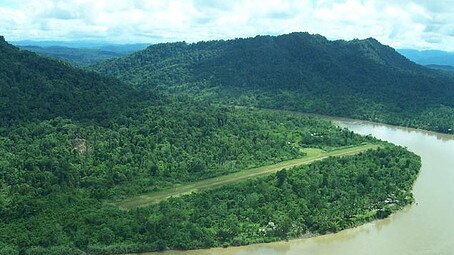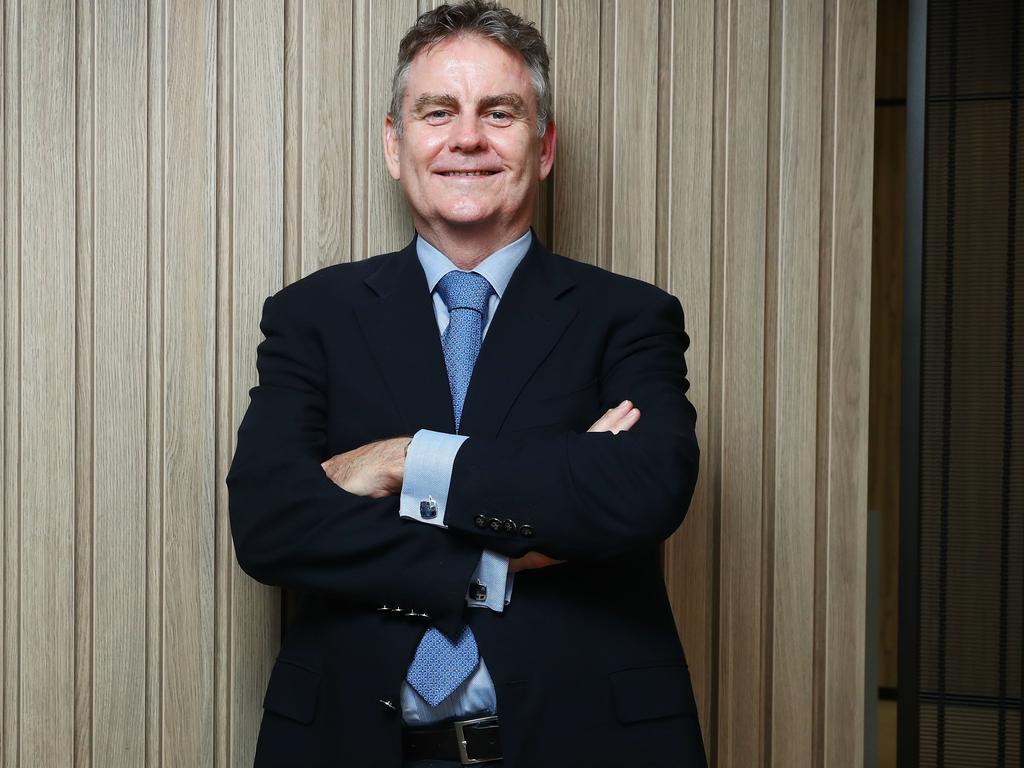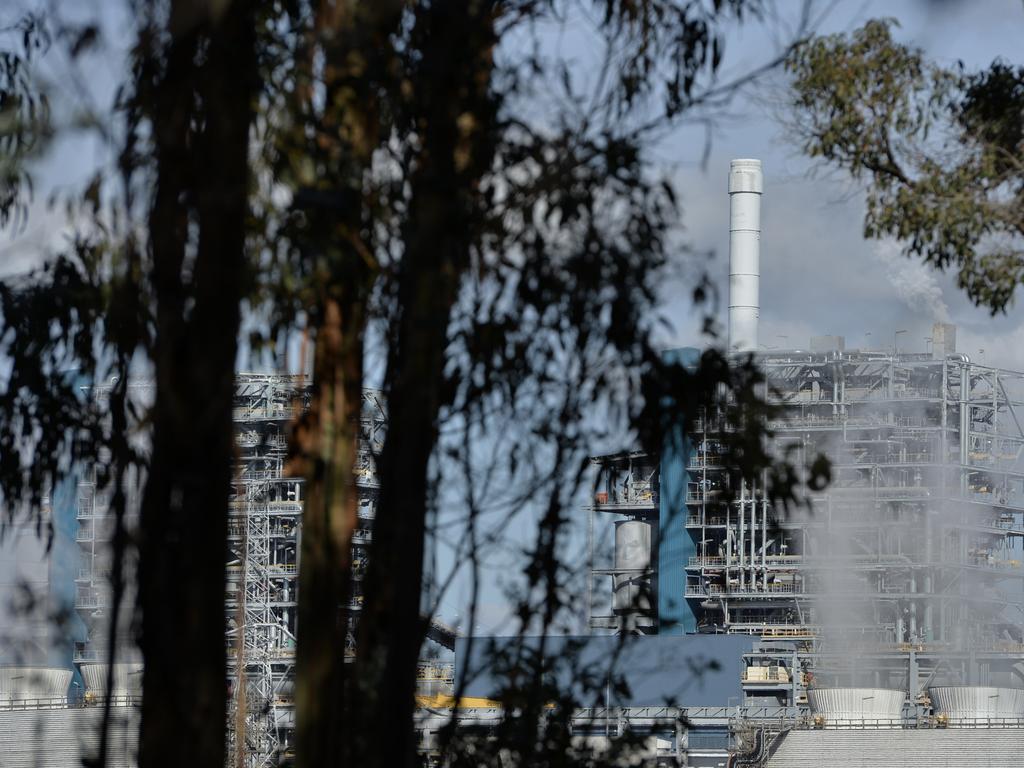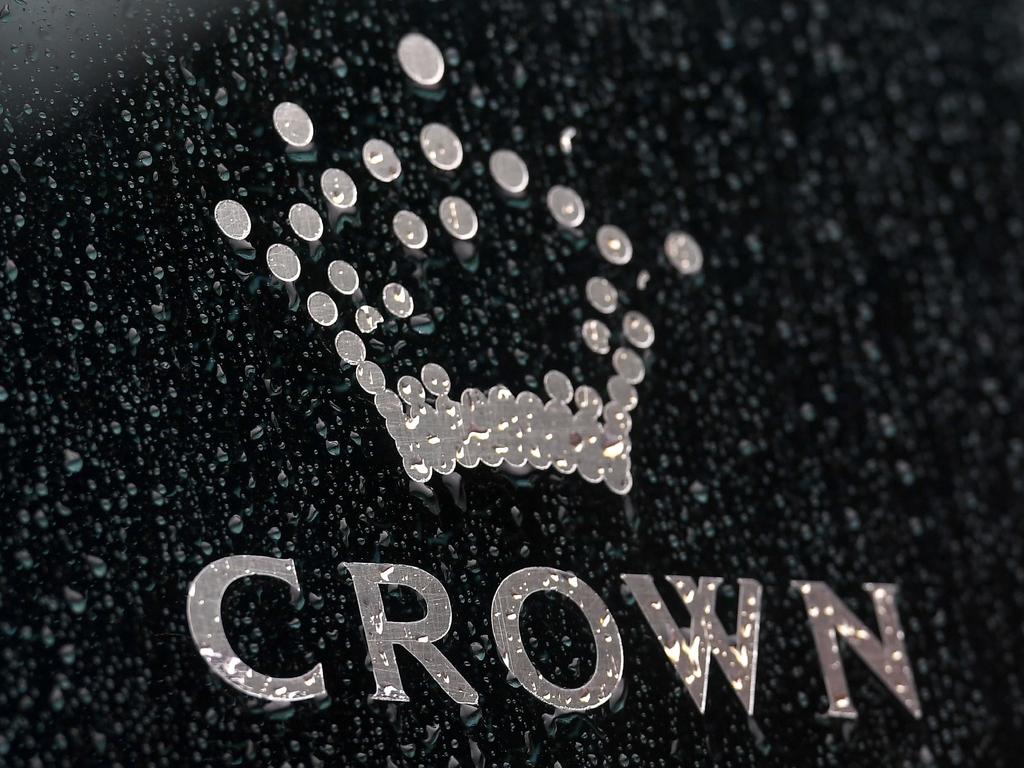Fortescue Metals Group to access renewable energy projects with Papua New Guinea government
Agreements will enable feasibility studies into hydro power schemes that could lead to power exports to Australia.

Fortescue Metals Group has signed on to access a potentially massive series of renewable energy projects with the Papua New Guinea government, agreeing to conduct feasibility studies into hydro power schemes in the developing nation that could lead to power exports to Australia.
Fortescue chairman Andrew Forrest signed an agreement with the PNG government on Tuesday, confirming the company is considering a revival of the Purari River Hydro electricity scheme, along with other renewable energy projects PNG Minister for State Enterprises Sasindran Muthuvel said could eventually deliver 25 gigawatts of power.
“After extensive investigations of Papua New Guinea’s rivers and water resources, Fortescue has determined that there is great potential to generate sustainable energy for a series of environmentally friendly industries,” he said.
“This is more than just a hydro-electric power scheme. This is enabling our country to become partners in the development of carbon neutral industries that provide lots of employment, lots of investment opportunities and growth across the country, in industries that are normally built in countries like Australia and China.”
A Fortescue team has been touring PNG with Dr Forrest for the last week, and Mr Muthuvel said the “high level” discussions over future investments from the mining giant had been focused on hydro power projects and the potential development of a new industrial zones in the country.
“There is the potential to generate in excess of 25 gigawatts or more, of PNG’s hydropower resources to support green industrial operations for domestic consumption and export to international markets. This could include environmentally sustainable production of steel and copper and chemical industries such as fertiliser plants or ammonia plants,” he said.
It is understood discussions have included the potential revival of the Purari River hydro-electricity scheme which could supply power to both PNG and Northern Australia through an undersea cable.
The idea was last seriously considered by Origin Energy, but the Australian energy major dropped its grand plans for the $5bn, 2500MW hydro electric project in 2014 amid uncertainty around whether it would be able to tap into international carbon credits to help make it financially viable.
PNG recently put Purari Hydro back into play, handing it to state-owned holding company Kumul Consolidated Holdings, to help reignite talks with the international investment community.
“Our discussions have reached a point where we believe a binding agreement is necessary to secure their investment for further investigations and feasibility studies,” Mr Muthuvel said.
Fortescue said in a statement it had entered into a Deed of Agreement with the PNG government and KCH over the potential development of hydro-electricity schemes, though a wholly owned subsidiary, Fortescue Future Industries.
“Under the deed, the parties will promptly investigate the feasibility of potential projects for development of PNG’s hydropower resources to support green industrial operations largely for export to global markets, and also for domestic consumption,” the company said.
But Fortescue said it would not put its own balance sheet at risk if any of the projects moved beyond the feasibility stage.
“Subject to the completion of feasibility studies and approvals, individual projects will be developed by Fortescue Future Industries with ownership and project finance sources to be separately secured without recourse to Fortescue,” the company said.
Fortescue is eyeing an entry into PNG at a time of tense relationships between Prime Minister James Marape and the international investment community, after his government moved to strip Barrick and China’s Zijin Mining of the rights to the Porgera gold mine.
Mr Marape handed the mining leases underlying Porgera to state-owned company Kumul Minerals Holdings in late August, as it looks to find a new partner for the mine, triggering a fresh round of legal threats from the Canadian gold giant.
Barrick has sought the intervention of the World Bank’s International Centre for Settlement of Investment Disputes, and the dispute is also winding its way through the PNG legal system.
On Monday, as Dr Forrest toured the country and Mr Marape’s government considered changes to the country’s mining laws, the PNG Prime Minister took to Facebook to tell other miners operating in the country they should not fear for their rights to operate.
“For those mining and petroleum companies with present contracts or agreements and exploration licences, you don’t need to worry. These changes will not affect you now or for your licenses tenure,” he said.
“What we are proposing will come into effect from 2025 when our nation celebrates 50 years of nationhood. This will be for new projects into the future.”
Options to expand
Fortescue has spent the last few years looking for new projects in jurisdictions other mining majors have come to regard as too difficult in which to operate, as it increasingly looks to overseas destinations for options to expand beyond its core Pilbara iron ore business.
It has followed other mining majors into established mining centres in South America, building exploration teams in Ecuador, Colombia, Peru and Argentina looking at ground prospective for copper, gold and even lithium.
But it has also been pitching its tent in more difficult regions. In 2019, Fortescue unsuccessfully bid for the right to develop half of the long-troubled Simandou iron ore deposit in Guinea, but was beaten out by a Chinese-backed consortium for the rights to the high-grade deposit.
It also held talks with Liberian officials about access to their nation’s resources sector, and in August a spokesman for Afghanistan’s Ministry of Mines and Petroleum confirmed Dr Forrest was planning to visit the country in October, to follow up earlier talks with President Ashraf Ghani over potential investment in iron ore and copper deposits in the war-torn nation.





To join the conversation, please log in. Don't have an account? Register
Join the conversation, you are commenting as Logout